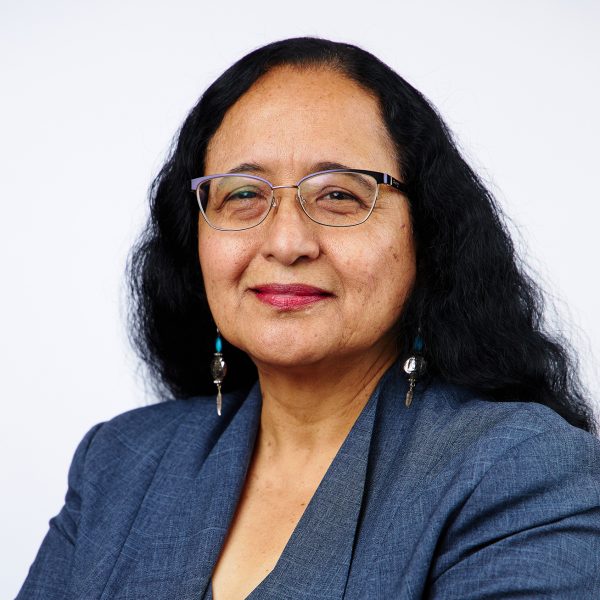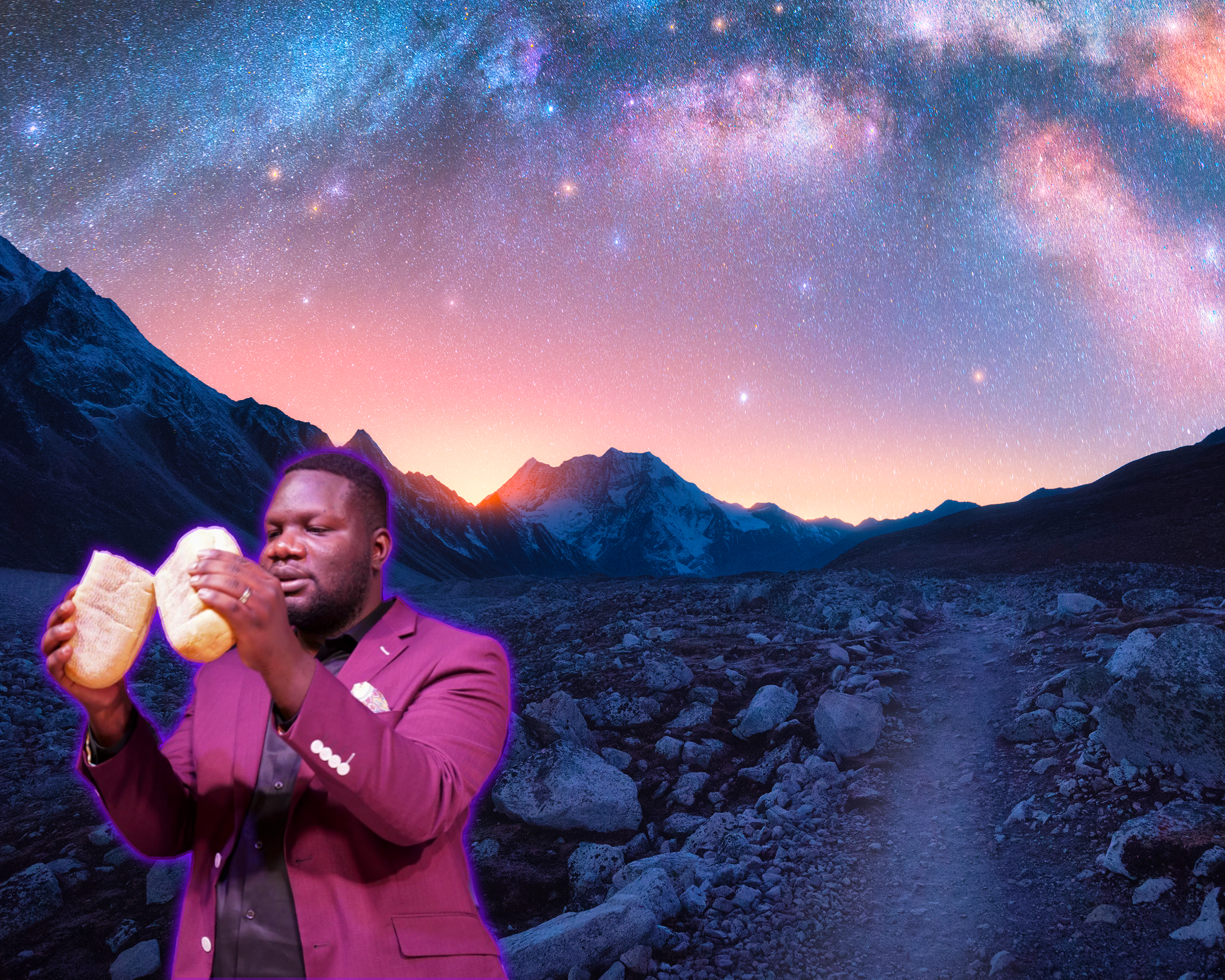It is time again to begin the Christian journey through our liturgical calendar. It is our time of Advent and preparation for Christmas. This time, like last year, Advent is a very different experience. It will be a journey full of uncertainty as we continue to face the complexities of a global pandemic and the many social issues surfacing during these times. The issue of global migration within the complexities of Covid 19 is one that is so present today. It is a complicated one, like never before, so many communities are pressured to leave their places or origin seeking safety, security, promise of new life. Escaping armed conflicts, poverty, hunger, and other insecurities threatening life, so many communities around the world are crossing borders in search for new life.
We begin a time of Advent thinking of the struggles and displacement of Mary and Joseph as a refugee family themselves. There was no place in the inn and Jesus is born in a stable. The Christmas story we receive as a soft and tender event within the Christian tradition, is also rooted in its own social complexity and uncertainty. It will be important this year, as we prepare for a new liturgical year and Christmas celebration, to remember and intentionally retrieve the social issues and the particular context related to the fact that Mary gave birth away from home, in a stable.
The reading from Jeremiah today reminds us of the promises from God, particularly the promise of justice. “In those days and at that time I will cause a righteous Branch to spring up for David; and he shall execute justice and righteousness in the land.” (Jeremiah 33:15). The circumstances surrounding the journey of Mary and Joseph as a refugee family were rooted in the need for justice, salvation, and safety. These needs and promises echo so well with our own stories and circumstances today as we face an unprecedented global migration alongside the domestic rise of racism, white supremacy, and social inequalities made clear by Covid 19.
The readings of Psalms and I Thessalonians for today, recognize our own fragility and need, as human beings, to remember our relationship with God and a desperate plea for mercy. Here we find ourselves at the crossroads of our own doing asking for forgiveness, negotiating a new relationship and passage to a better place and space of safety. The negotiating keys here for human beings is the love and grace from God. We have done, to our own selves and the rest of creating, so much damage that we have no idea how to get out of these desperate ongoing circumstances we created. It is almost as if these two readings become our readiness to learn from and rely on a new covenant with God. “All the paths of the LORD are steadfast love and faithfulness, for those who keep his covenant and his decrees.” (Psalm 25:10)
The gospel reading notes that there are always signs. What we experienced today did not appear from anywhere. Our circumstances are the result of our own relationships with others and the rest of creation. One might want to begin considering the signs that are evident in all of creation. Signs of suffering, injustice, and a global pandemic impacting every aspect of our daily life. It is crucial, as we prepare during this time of advent, to see the signs of hope and life within the complexity and uncertainty of these times. The parable Jesus tells in this reading, about the fig tree and all the trees, reminds me of the way the rest of creation has been able to thrive in this global pandemic. We had to retreat into isolation from each other as human beings. However, it is safe to deal with the rest of creating. Like never before, many of us gardened and did move out to smaller towns and more remote areas during this pandemic.
This time of Advent is the time to remember the promises of God, to take the time for critical analysis of our own circumstances within a global pandemic, to understand the circumstances of the refugee holy family from our own human migration crisis, and to be attentive to the signs of the times in all of creation. It is the time to find again, the new relationship with God and identify our own covenants counting on the love and the grace of God but also rooted in our own faith and commitments to justice.

The Rev. Dr. Cristian De La Rosa received her PhD in Theology and Ethics from Chicago Theological Seminary where her dissertation focused on contextual dynamics of power and agency. Her areas of interest and scholarship include Mujerista Theology, cultural theory, Latin American Liberation Theology, and the Hispanic/Latino community and its religious history. She is invested in social justice making, religious leadership formation, and bridge building between the academy, the church and diverse communities.
Dr. De La Rosa is a clergy member of the New England Annual Conference of the United Methodist Church. She served as pastor of local congregations in Washington, DC, Dallas, TX, and Lincoln, NE. Before her appointment at Boston University she served as Director of Continuing Education and Course of Study School at Garrett-Evangelical Theological Seminary and with The Association for Hispanic Theological Education (AETH) as the National Director for Tertulias Pastorales, an ecumenical clergy initiative sponsored by the Lilly Foundation. She currently serves as the National Director for the Hispanic Youth Leadership Academy (HYLA), Administrative Co-convener for the National Association of UM Latina Clergy Women (ACLAMEN), as UM delegate with the National Council of Churches, and as a board Member for the Hispanic Summer Program (HSP).



Unbound Social